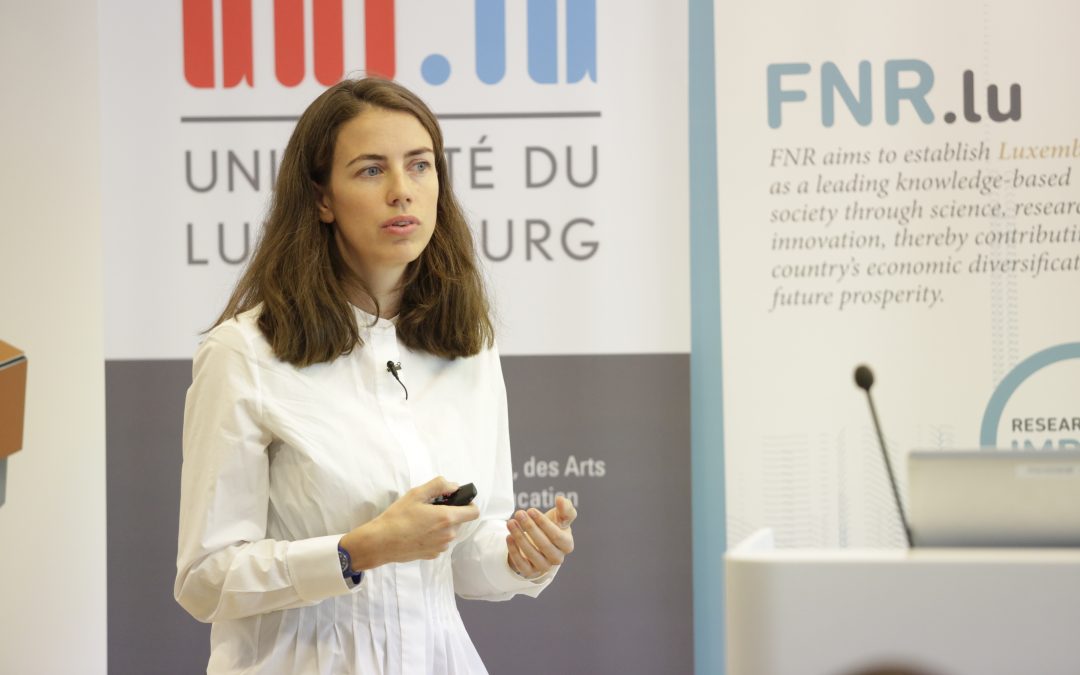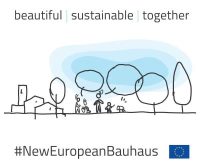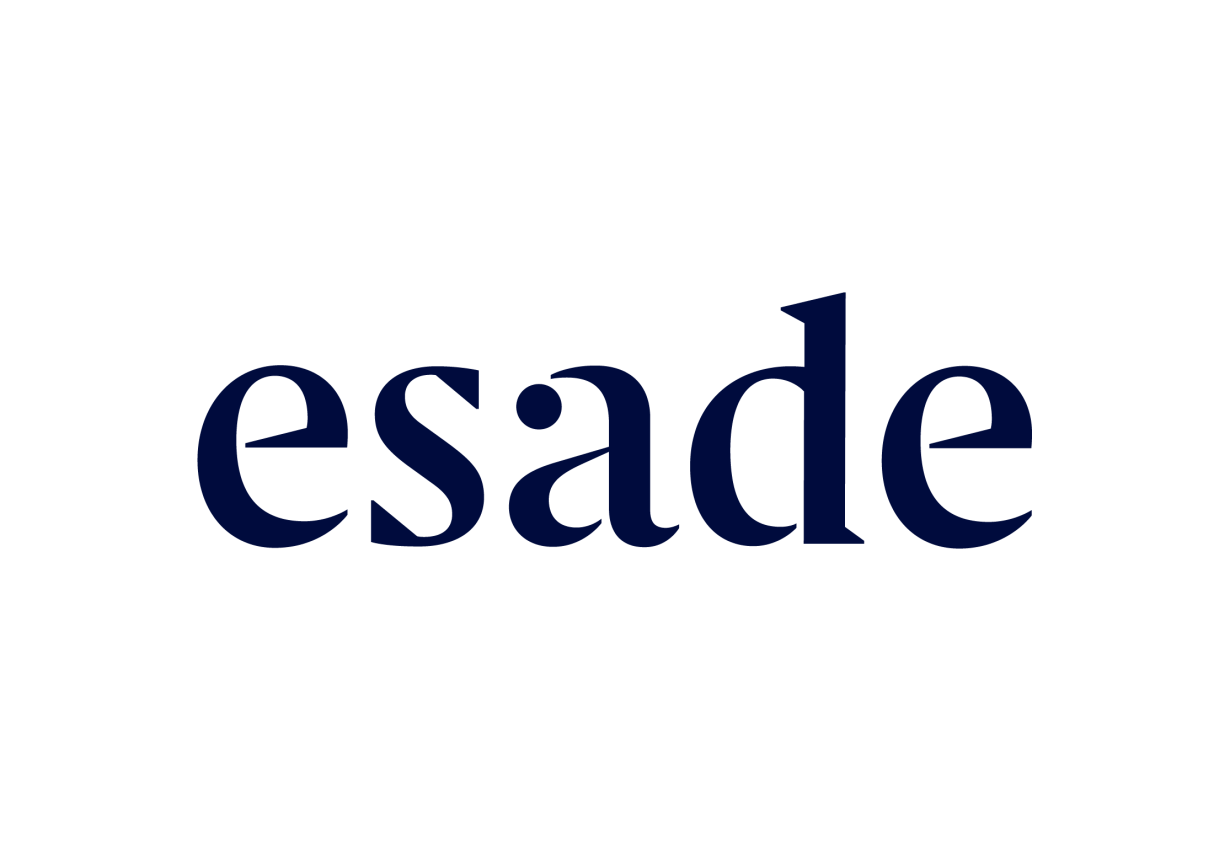The poor are more often victims of corruption but fairness concerns might also play a role in corrupt decision making processes said Dr Nastassia Leszczynska, Université libre de Bruxelles, at a seminar organised jointly by the EIB Institute, the University of Luxembourg (coordinated by MARS – Multidisciplinary Area of Research on Sustainability, Faculty of Language and Literature, Humanities, Arts and Education) and other partners as part of the “Inequality and…” series.
Corruption is closely associated with unfair consequences and most studies find a positive correlation between petty corruption and inequality. Not only petty corruption does cause huge losses, it also widens the gap between rich and poor members of the society. However, experimental economic research based on the use of games under laboratory conditions shows that people have a preference for fairness. This preference could be used to fight corruption or as pro-poor redistribution mechanism according to Dr Leszczynska research.
Click here for presentation.





